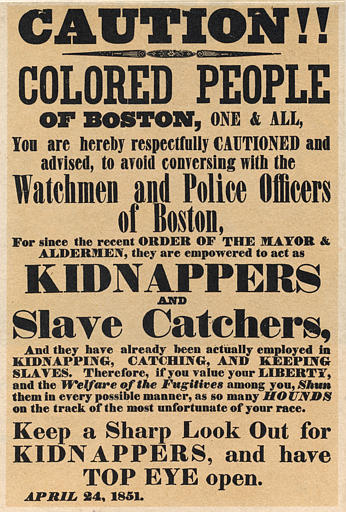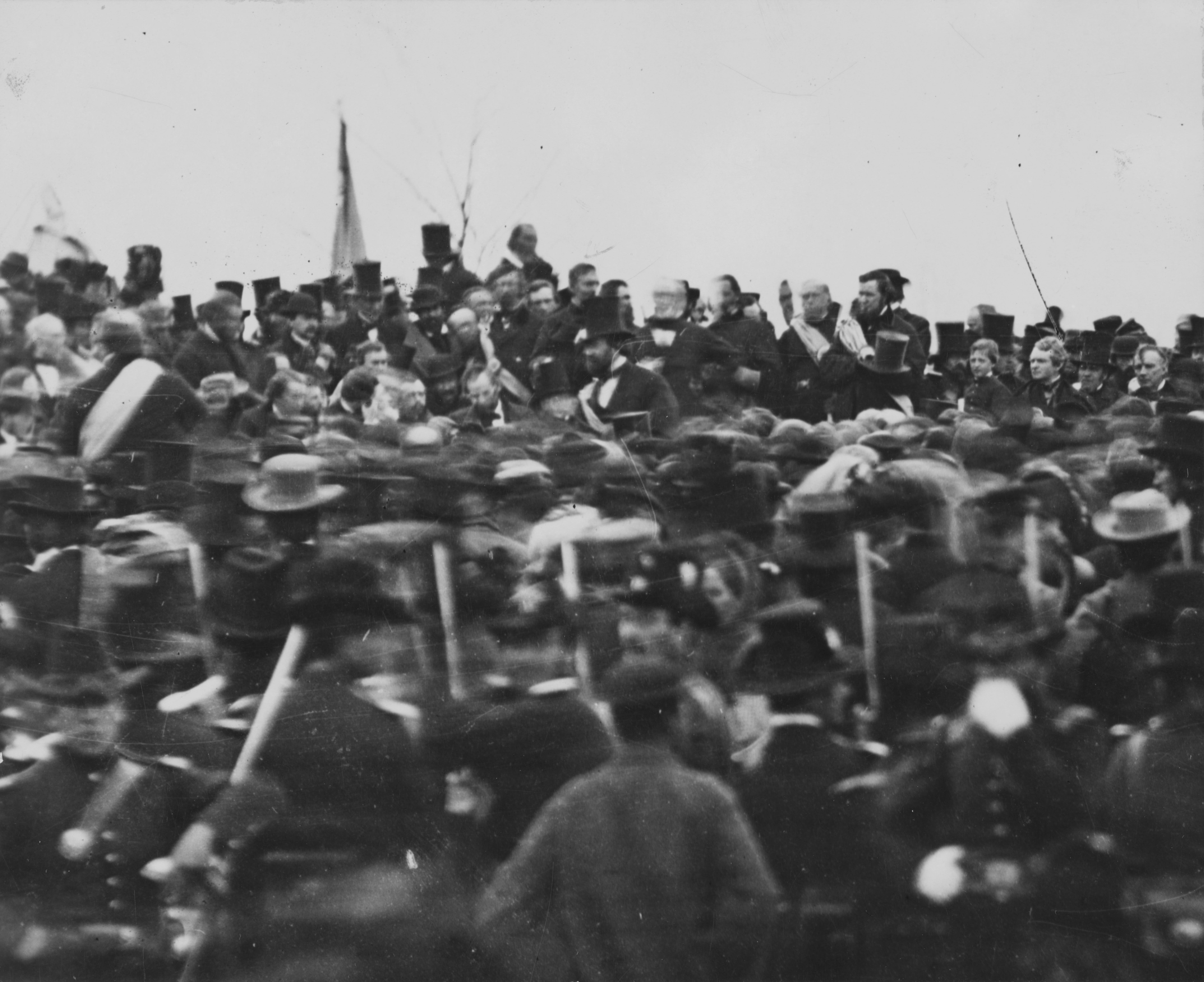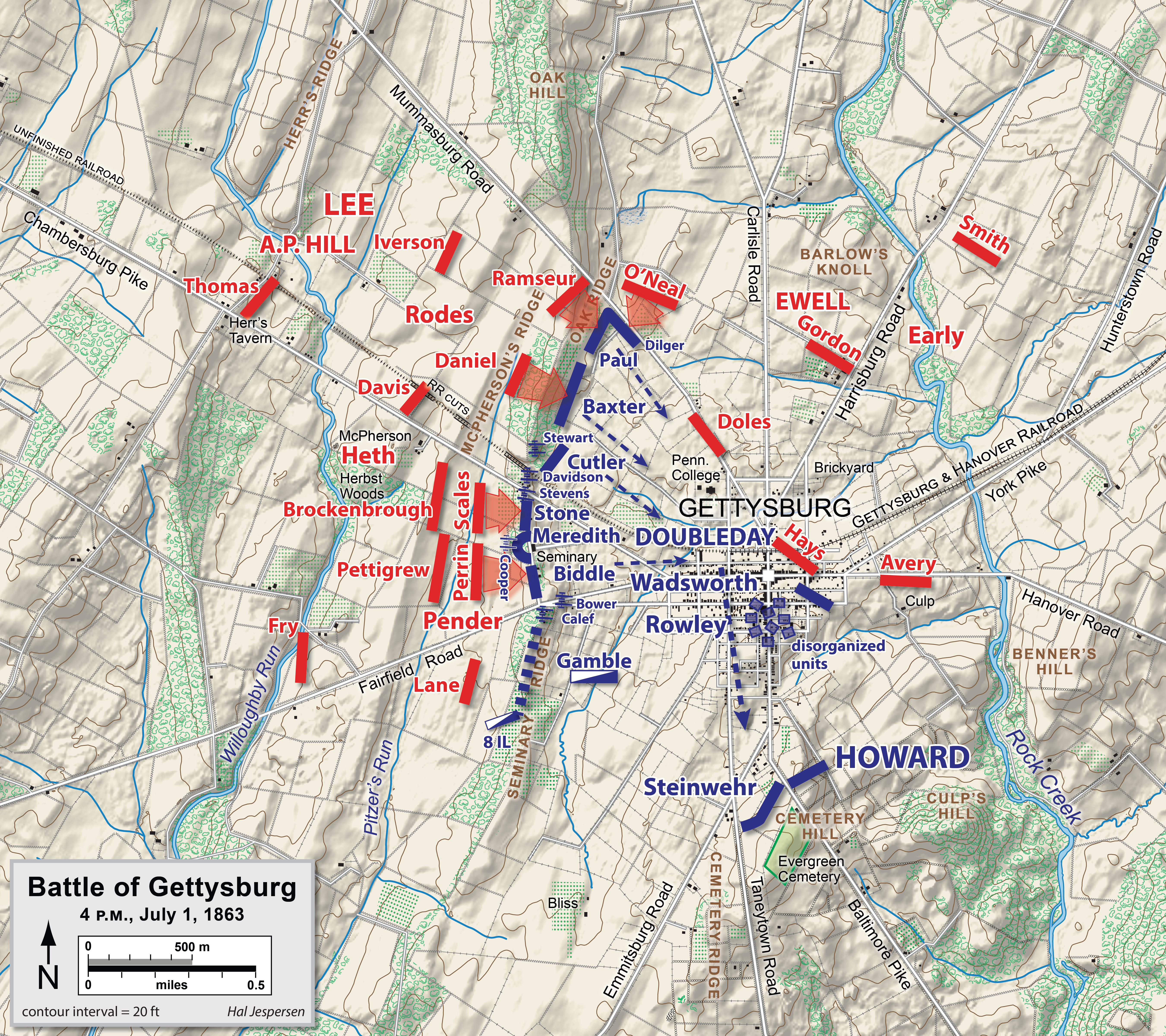|
Morris Brown
Morris Brown (January 8, 1770 – May 9, 1849) was one of the founders of the African Methodist Episcopal Church, and its second presiding bishop. He founded Emanuel AME Church in his native Charleston, South Carolina. It was implicated in the slave uprising planned by Denmark Vesey, also of this church, and after that was suppressed, Brown was imprisoned for nearly a year. He was never convicted of a crime. After his release, he took his family to Philadelphia, Pennsylvania, where he worked closely with Bishop Richard Allen on expanding the church. After Allen's death, Brown was selected as the second bishop of the AME denomination. He planted new congregations and established conferences of AME churches in the American Midwest and Ontario, Canada. He also mentored rising AME leaders such as the Rev. Daniel Payne, and encouraged formal education for new preachers and pastors. Early and family life Born on either January 8 or February 13, 1770 to parents who were free people of c ... [...More Info...] [...Related Items...] OR: [Wikipedia] [Google] [Baidu] |
Morris Brown College
Morris Brown College (MBC) is a private Methodist historically black liberal arts college in Atlanta, Georgia. Founded January 5, 1881, Morris Brown is the first educational institution in Georgia to be owned and operated entirely by African Americans. History Establishment The Morris Brown Colored College (its original name) was founded on January 5, 1881, by African Americans affiliated with the African Methodist Episcopal Church, the first independent black denomination in the United States. It was named to honor the denomination's second bishop, Morris Brown, originally from Charleston, South Carolina. After the end of the American Civil war, the AME Church sent numerous missionaries to the South to found new churches. They planted many new AME congregations in Georgia and other states, where hundreds of thousands of freedmen joined this independent black denomination. On January 5, 1881, the North Georgia Annual Conference of the AME Church passed a resolution to establi ... [...More Info...] [...Related Items...] OR: [Wikipedia] [Google] [Baidu] |
Liberia
Liberia (), officially the Republic of Liberia, is a country on the West African coast. It is bordered by Sierra Leone to Liberia–Sierra Leone border, its northwest, Guinea to its north, Ivory Coast to its east, and the Atlantic Ocean to its south and southwest. It has a population of around 5 million and covers an area of . English is the official language, but over 20 indigenous languages are spoken, reflecting the country's ethnic and cultural diversity. The country's capital and largest city is Monrovia. Liberia began in the early 19th century as a project of the American Colonization Society (ACS), which believed black people would face better chances for freedom and prosperity in Africa than in the United States. Between 1822 and the outbreak of the American Civil War in 1861, more than 15,000 freed and free-born black people who faced social and legal oppression in the U.S., along with 3,198 Afro-Caribbeans, relocated to Liberia. Gradually developing an Americo- ... [...More Info...] [...Related Items...] OR: [Wikipedia] [Google] [Baidu] |
1849 Deaths
Events January–March * January 1 – France begins issue of the Ceres series, the nation's first postage stamps. * January 5 – Hungarian Revolution of 1848: The Austrian army, led by Alfred I, Prince of Windisch-Grätz, enters in the Hungarian capitals, Buda and Pest. The Hungarian government and parliament flee to Debrecen. * January 8 – Hungarian Revolution of 1848: Romanian armed groups massacre 600 unarmed Hungarian civilians, at Nagyenyed.Hungarian HistoryJanuary 8, 1849 And the Genocide of the Hungarians of Nagyenyed/ref> * January 13 ** Second Anglo-Sikh War – Battle of Tooele: British forces retreat from the Sikhs. ** The Colony of Vancouver Island is established. * January 21 ** General elections are held in the Papal States. ** Hungarian Revolution of 1848: Battle of Nagyszeben – The Hungarian army in Transylvania, led by Josef Bem, is defeated by the Austrians, led by Anton Puchner. * January 23 – Elizabeth Blackwell is awarded her M.D. by the Medi ... [...More Info...] [...Related Items...] OR: [Wikipedia] [Google] [Baidu] |
1770 Births
Year 177 ( CLXXVII) was a common year starting on Tuesday (link will display the full calendar) of the Julian calendar. At the time, it was known as the Year of the Consulship of Commodus and Plautius (or, less frequently, year 930 ''Ab urbe condita''). The denomination 177 for this year has been used since the early medieval period, when the Anno Domini calendar era became the prevalent method in Europe for naming years. Events By place Roman Empire * Lucius Aurelius Commodus Caesar (age 15) and Marcus Peducaeus Plautius Quintillus become Roman Consuls. * Commodus is given the title ''Augustus'', and is made co-emperor, with the same status as his father, Marcus Aurelius. * A systematic persecution of Christians begins in Rome; the followers take refuge in the catacombs. * The churches in southern Gaul are destroyed after a crowd accuses the local Christians of practicing cannibalism. * Forty-seven Christians are martyred in Lyon (Saint Blandina and Pothinus, bishop o ... [...More Info...] [...Related Items...] OR: [Wikipedia] [Google] [Baidu] |
Fugitive Slave Law Of 1850
The Fugitive Slave Act or Fugitive Slave Law was passed by the United States Congress on September 18, 1850, as part of the Compromise of 1850 between Southern interests in slavery and Northern Free-Soilers. The Act was one of the most controversial elements of the 1850 compromise and heightened Northern fears of a slave power conspiracy. It required that all escaped slaves, upon capture, be returned to the slaver and that officials and citizens of free states had to cooperate. Abolitionists nicknamed it the "Bloodhound Bill", after the dogs that were used to track down people fleeing from slavery. The Act contributed to the growing polarization of the country over the issue of slavery, and was one of the factors that led to the Civil War. Background By 1843, several hundred enslaved people a year escaped to the North successfully, making slavery an unstable institution in the border states. The earlier Fugitive Slave Act of 1793 was a Federal law that was written w ... [...More Info...] [...Related Items...] OR: [Wikipedia] [Google] [Baidu] |
Lombard Street Riot
The Lombard Street riot was a three-day race riot in Philadelphia, Pennsylvania, in 1842.Gregory, Kia. ''Philadelphia Weekly''Monumental Achievement December 7, 2005; accessed April 30, 2008.Newlin, Heather"The Calm After the Storm", phillyhistory.org; accessed April 30, 2008. The riot was the last in a 13-year period marked by frequent racial attacks in the city.DuBois, W. E. B. ''The Philadelphia Negro: A Social Study'', University of Pennsylvania Press, 1996. It started on Lombard Street, between Fifth and Eighth streets. Background In the early decades of the 19th century, there were significant increases in the city's black population, as large numbers of freed and fugitive slaves immigrated to Philadelphia, which was a few miles north of the Mason-Dixon line. During the 25 years prior to the riots, the city's black population grew more than 50-percent. At the same time, there were increasing numbers of Irish immigrants who were also separated from the larger society by thei ... [...More Info...] [...Related Items...] OR: [Wikipedia] [Google] [Baidu] |
Gettysburg, Pennsylvania
Gettysburg (; non-locally ) is a borough and the county seat of Adams County in the U.S. state of Pennsylvania. The Battle of Gettysburg (1863) and President Abraham Lincoln's Gettysburg Address are named for this town. Gettysburg is home to the Gettysburg National Military Park, where the Battle of Gettysburg was largely fought; the Battle of Gettysburg had the most casualties of any Civil War battle but was also considered the turning point in the war, leading to the Union's ultimate victory. As of the 2020 census, the borough had a population of 7,106 people. History Early history In 1761, Irishman Samuel Gettys settled at the Shippensburg-Baltimore and Philadelphia-Pittsburgh crossroads, in what was then western York County, and established a tavern frequented by soldiers and traders. In 1786, the borough boundary was established, with the Dobbin House tavern (established in 1776) sitting in the southwest. As early as 1790, a movement seeking to split off the western ... [...More Info...] [...Related Items...] OR: [Wikipedia] [Google] [Baidu] |
Lutheran Theological Seminary At Gettysburg
The Lutheran Theological Seminary at Gettysburg (Gettysburg Seminary) was a seminary of the Evangelical Lutheran Church in America (ELCA) in Gettysburg, Pennsylvania. It was one of seven ELCA seminaries, one of the three seminaries in the Eastern Cluster of Lutheran Seminaries, and a member institution of the Washington Theological Consortium. It was founded in 1826 under prominent but controversial theologian and professor Samuel Simon Schmucker (1799-1873) for the recently organized General Synod of the Evangelical Lutheran Church in the United States. The seminary was the oldest continuing Lutheran seminary in the United States until it was merged on July 1, 2017, after 189 years of operation, with the nearby and former rival Lutheran Theological Seminary at Philadelphia to form the United Lutheran Seminary. The new institution continues to use both campuses. The Gettysburg Seminary served the church as a pioneer in theological education creating among Lutheran seminaries the ... [...More Info...] [...Related Items...] OR: [Wikipedia] [Google] [Baidu] |
Louisville, Kentucky
Louisville ( , , ) is the largest city in the Commonwealth of Kentucky and the 28th most-populous city in the United States. Louisville is the historical seat and, since 2003, the nominal seat of Jefferson County, on the Indiana border. Named after King Louis XVI of France, Louisville was founded in 1778 by George Rogers Clark, making it one of the oldest cities west of the Appalachians. With nearby Falls of the Ohio as the only major obstruction to river traffic between the upper Ohio River and the Gulf of Mexico, the settlement first grew as a portage site. It was the founding city of the Louisville and Nashville Railroad, which grew into a system across 13 states. Today, the city is known as the home of boxer Muhammad Ali, the Kentucky Derby, Kentucky Fried Chicken, the University of Louisville and its Cardinals, Louisville Slugger baseball bats, and three of Kentucky's six ''Fortune'' 500 companies: Humana, Kindred Healthcare, and Yum! Brands. Muhamm ... [...More Info...] [...Related Items...] OR: [Wikipedia] [Google] [Baidu] |
William Paul Quinn
William Paul Quinn (10 April 1788–21 February 1873) was born in India and immigrated to the United States, where he became the fourth bishop of the African Methodist Episcopal Church, the first independent black denomination in the United States when founded in 1816 in Philadelphia, Pennsylvania. In 1836 Quinn was assigned as a missionary to what was known as the Northwest, specifically Indiana and Ohio, although he also traveled to Illinois and Missouri. He settled in Richmond, Indiana as his base, founding an AME Church there and several throughout these states. In 1844 he was elected as bishop and in 1849 as Senior Bishop of the church. Early life and education By his own account, Quinn was said to have been born in Calcutta, India to an Indian family. An 1851 affidavit said his mother was Egyptian and his father was Spanish, who were involved in the mahogany trade. He was introduced to Christianity by a Quaker missionary in India and went to England, where he took an Eng ... [...More Info...] [...Related Items...] OR: [Wikipedia] [Google] [Baidu] |
Toronto
Toronto ( ; or ) is the capital city of the Canadian province of Ontario. With a recorded population of 2,794,356 in 2021, it is the most populous city in Canada and the fourth most populous city in North America. The city is the anchor of the Golden Horseshoe, an urban agglomeration of 9,765,188 people (as of 2021) surrounding the western end of Lake Ontario, while the Greater Toronto Area proper had a 2021 population of 6,712,341. Toronto is an international centre of business, finance, arts, sports and culture, and is recognized as one of the most multicultural and cosmopolitan cities in the world. Indigenous peoples have travelled through and inhabited the Toronto area, located on a broad sloping plateau interspersed with rivers, deep ravines, and urban forest, for more than 10,000 years. After the broadly disputed Toronto Purchase, when the Mississauga surrendered the area to the British Crown, the British established the town of York in 1793 and later designat ... [...More Info...] [...Related Items...] OR: [Wikipedia] [Google] [Baidu] |
Black Codes (United States)
The Black Codes, sometimes called the Black Laws, were laws which governed the conduct of African Americans (free and freed blacks). In 1832, James Kent (jurist), James Kent wrote that "in most of the United States, there is a distinction in respect to political privileges, between free white persons and free colored persons of African blood; and in no part of the country do the latter, in point of fact, participate equally with the whites, in the exercise of civil and political rights." Although Black Codes existed before the Civil War and many Northern states had them, it was the Southern U.S. states that codified such laws in everyday practice. The best known of them were passed in 1865 and 1866 by Southern United States, Southern states, after the American Civil War, in order to restrict African Americans' freedom, and to compel them to work for low or no wages. Since the colonial period, colonies and states had passed laws that discriminated against Free negro, free Blacks. ... [...More Info...] [...Related Items...] OR: [Wikipedia] [Google] [Baidu] |






